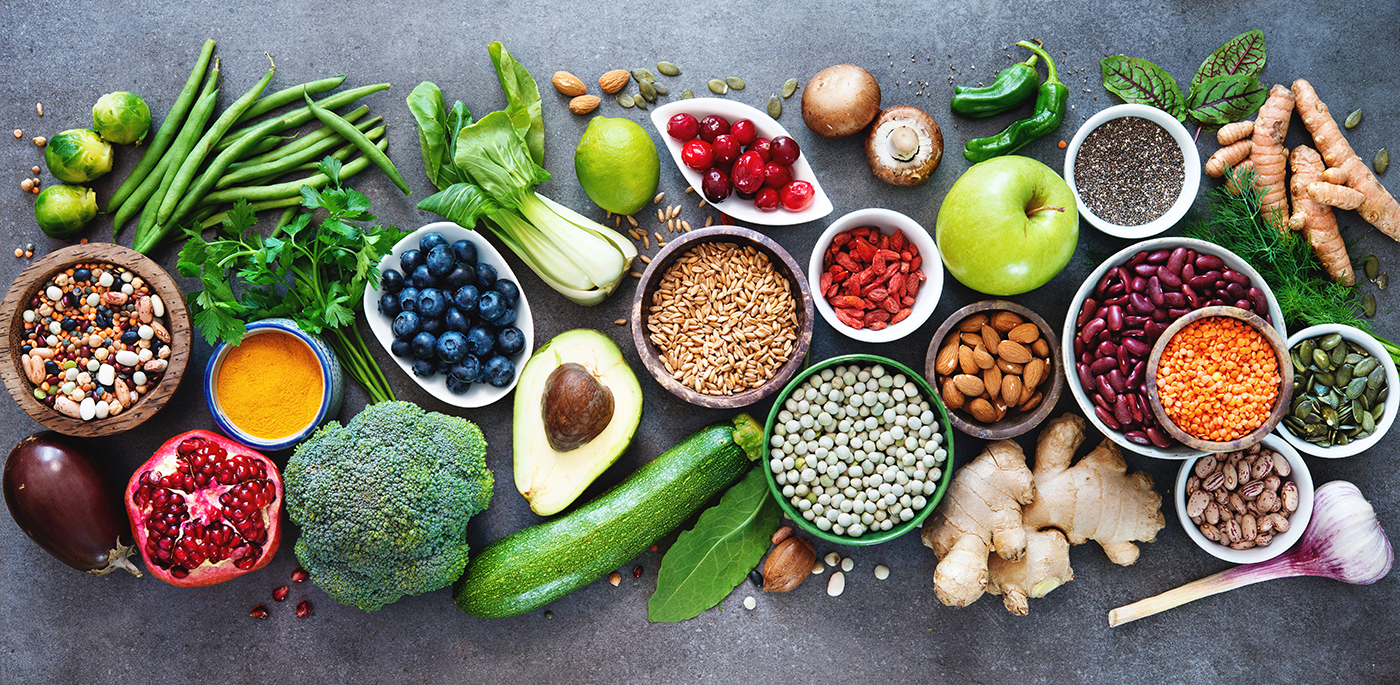
Every March, the Academy of Nutrition and Dietetics leads a celebration of food and nutrition. This year, for the 50th anniversary of National Nutrition Month®, the focus is on Fuel for the Future – eating in a way that not only nourishes our bodies but protects the ability of future generations to do so too. What does it mean to eat in a way that considers both nutrition and sustainability?
More Plants
You’ve heard it before…eat your fruits and vegetables. This is one piece of nutrition advice that works for everyone and has the added benefit of also supporting sustainability. If we all shifted our diets to include more plants and fewer animal ingredients, we could see improvements in our individual health and our environment. Small changes will make a difference. You don’t need to shift to an entirely vegan diet to make improvements. Swapping a few meat based meals or ingredients for plant based options is a great start. One food that works well for swapping is beans. Nutritionally, dry beans and peas offer many of the same nutrients found in animal ingredients. Beans are sustainability stars too. They are water efficient to grow, have a relatively low carbon footprint, can fix nitrogen in the soil and because they need little processing contribute to less food waste.
Variety
There is no one single food or even group of foods that can give you all of the nutrients you need to stay healthy. Including a variety of foods is a great way to improve your diet and keep things interesting. Variety is also important for sustainability. Diversity in the crops that are grown helps to maintain soil health and ensures that we have an array of foods to grow for future generations.
Less Waste
Estimates are that we waste up to 40% of the food produced. It may seem obvious that food that ends up in the trash doesn’t help our health, but the impact of throwing away food extends beyond the lack of nutrients provided. Food waste can affect your food budget making it more expensive overall to eat well. When food is wasted, so are all the resources that went into producing it. This means more energy, more water and expanding landfills. To reduce food waste at home, plan ahead, don’t overbuy and get creative with leftovers. Join us on our movement to stop food waste at stopfoodwasteday.com. You’ll find tips, recipes and more about what we are doing to stop food waste.
Related: 5 ways to use beans // Plant Forward // 5 ways to use lentils



Leave a Reply
You must be logged in to post a comment.